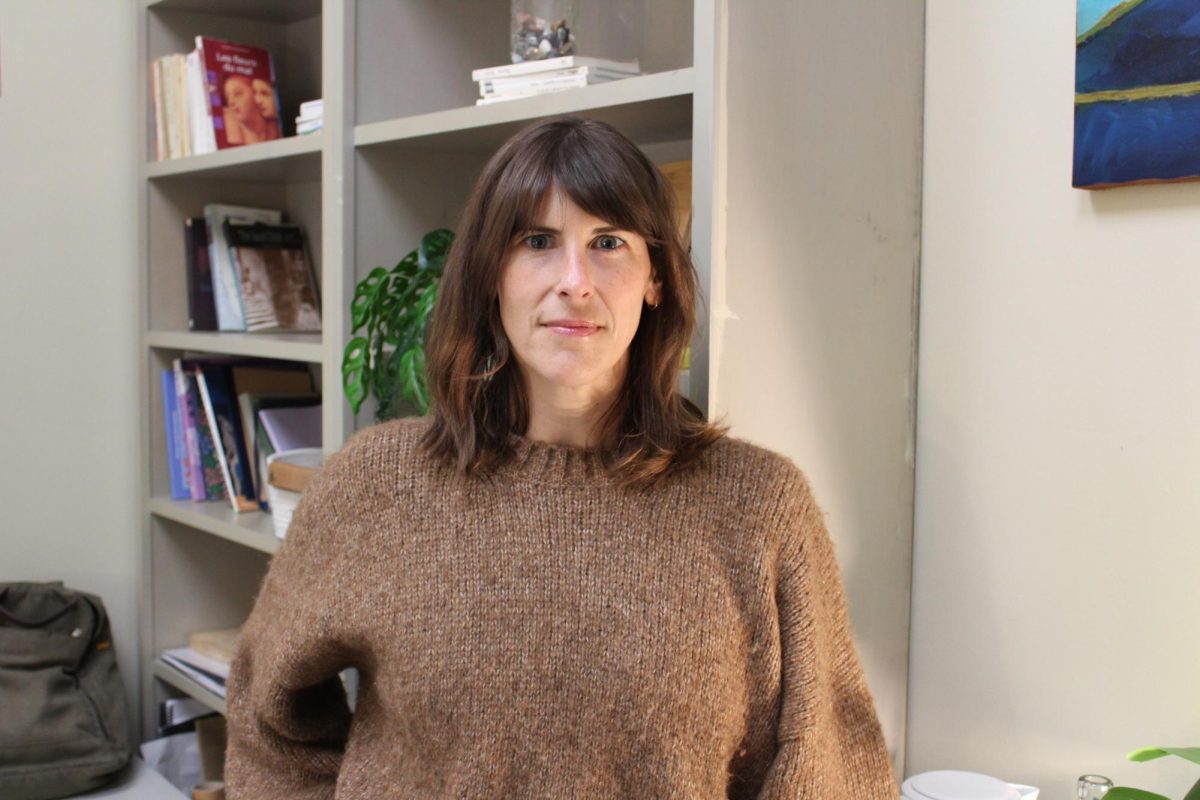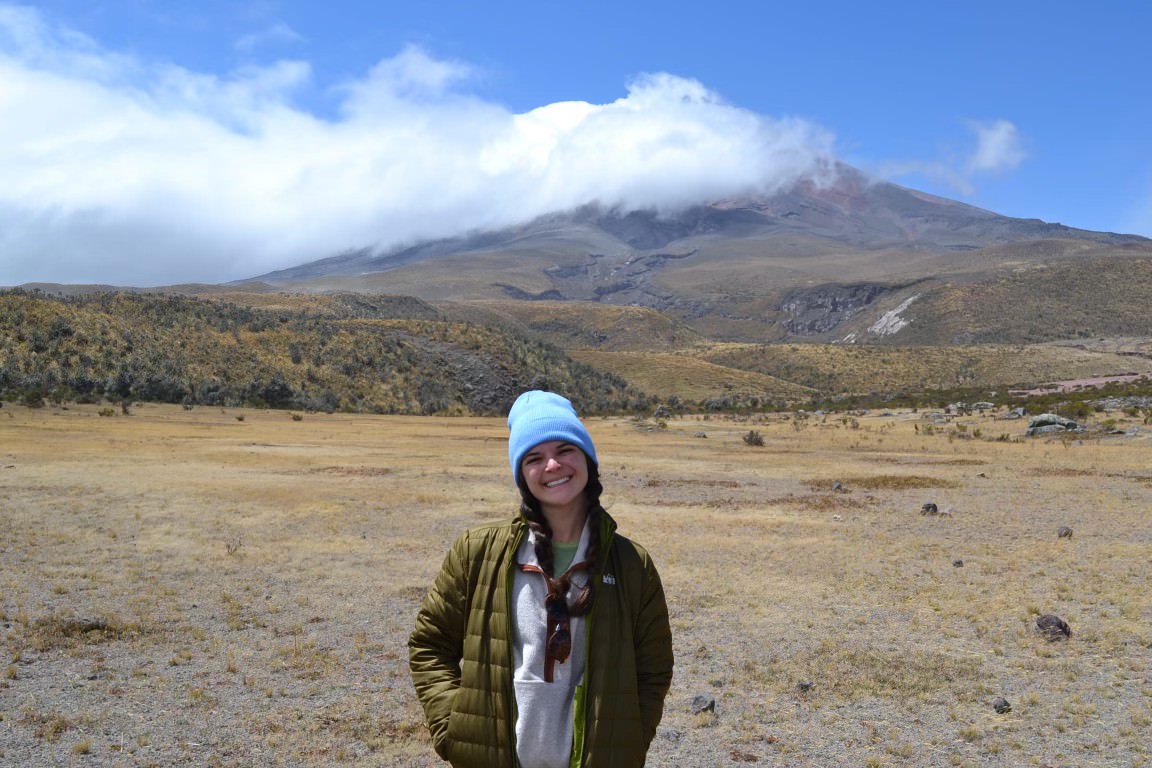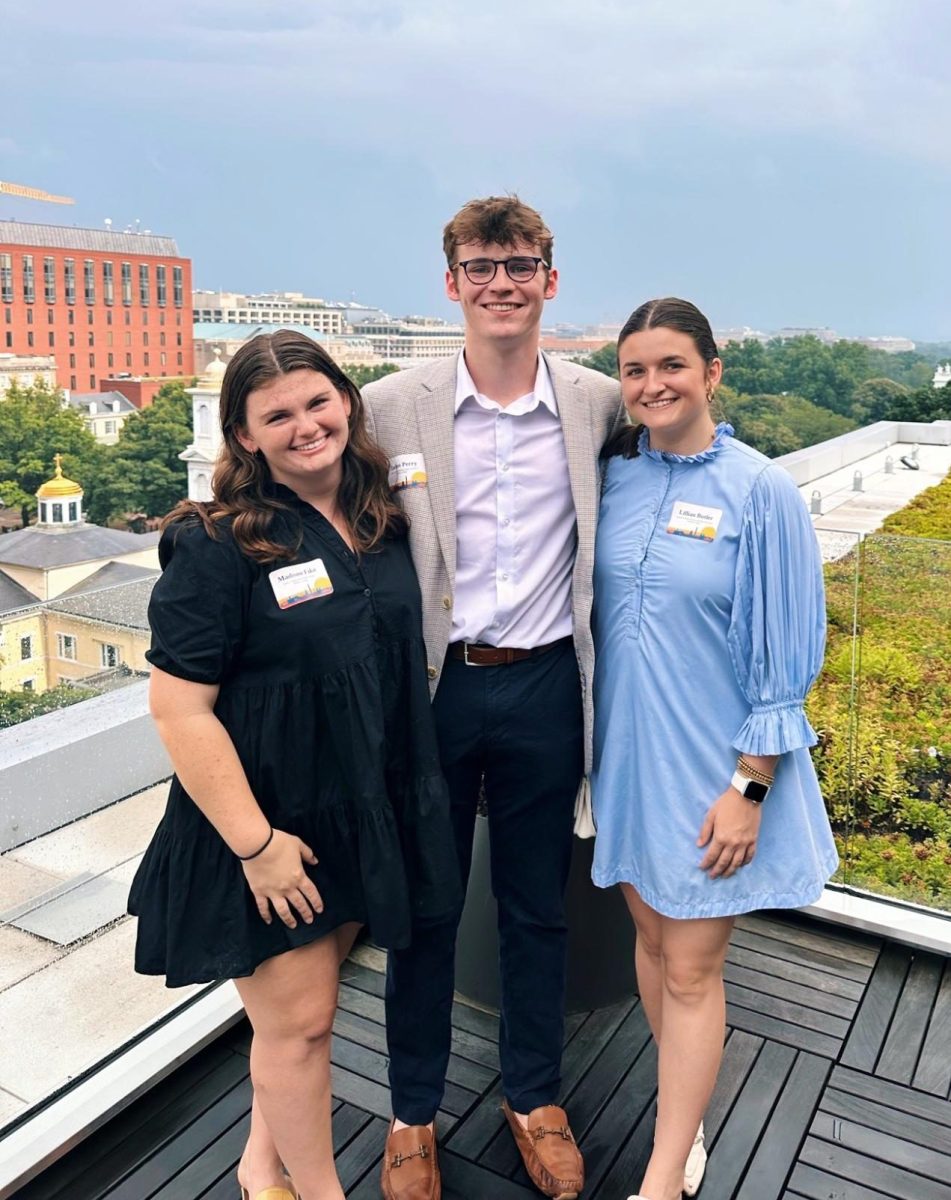My limited experience with refugees in Israel
Acknowledging the perspective of refugees while in Israel is complicated at best. It’s mentioned in some capacities, because of our closeness to Syria and the fact that I’m attending an educational institution, but otherwise it’s relatively ignored. This past week, however, was different.
My study abroad group visited the Bialik Rogozin school, intended to educate refugee children and those of refugee parents, in Tel Aviv, Israel. We toured the school, which is focused on providing a safe and productive environment for kids to learn and interact. Students here stay for most of the day, as it guarantees them regular meals and additional help in gaining an education for the future, motivated by a desire to not end up in the same situation as their parents.
Despite the security this environment offers, it doesn’t come without challenges. In Israel, gaining refugee status is difficult and usually temporary, so many children fear deportation. Outside of that, many of the children have endured life-threatening and horrific experiences, which can make learning very difficult. In this case, the school must adapt to the needs of the individual student and provide both emotional and educational support.
Our guide, Sari, has been volunteering at Bialik Rogozin school for years and expressed her frustration with the current approach to refugees growing up in Israel who face deportation, stating, “they are born here [and] they become Israelis. They speak the language, they dream in Hebrew, they know our holy days, they have no accent. They’re Israelis from any aspect…[then] in some years, the government says, ‘we have to deport them.’”
She explained that recently, the government has initiated another wave of deportations, which starts slowly and includes arresting and deporting mothers and children. Reflecting on this, she asks, “How can we deport mothers with children? Israel, the Jewish nation, who faced this terrible situation being deported in the second world war, in the Holocaust?”
In openly criticizing some of the government’s approaches to refugees, she gave us a new perspective on their status and integration into Israel. This perspective was only furthered when a few days later, I had the opportunity to listen to Taj, a Sudanese refugee living in Israel, share his perspective of life as a refugee.
Other than having to apply for a new visa every two months in order to retain his legal status, he faces constant racial profiling and discrimination. Because many temporary residents are not given distinctive status identifying them as asylum seekers, workers, etc., they all get grouped together. In this case, people distance themselves from everyone who doesn’t look like a typical Israeli, labeling them as “infiltrators, migrant workers, rapists.” In response, Taj exclaimed, “how can you argue if you have an unclear status?”
His words became even more impactful given that, upon attempting to enter the university, he was stopped and profiled, with security guards refusing to let him into the university until the professor met him, despite attending this lecture for many years. According to Taj, “a visa doesn’t give you any rights.” He describes coming into Israel as a refugee, where you can easily cross, but then are usually detained and put into a detention center for up to a year and a half. Unfortunately, he describes that the fear of being put in jail continues throughout the stay because, at any moment, a refugee can be arrested and put into a detention center.
After spending 11 years in Israel, Taj has learned Hebrew, gained new relationships and built a career for himself there. Despite this, he will soon be moving to Canada to live as a refugee but hopes to eventually return to Sudan when the situation is safer, so he can be reunited with his family.
According to the UN Refugee Agency, one in every 100 people globally is either an asylum-seeker, internationally displaced or refugee. It’s easy to expect refugees to adapt to their host country, but harder to offer the support needed for strong mental health and a smoother transition. Hopefully, by understanding the situation of refugees and encouraging capable governments to extend resources toward easing their transition, we can make these unideal situations a little better.
Caption: Bialik Rogozin focuses on integration into Israeli society, while also acknowledging the identities of students. They do this by incorporating native languages into the educational process and hanging flags for every country from which students come.



























